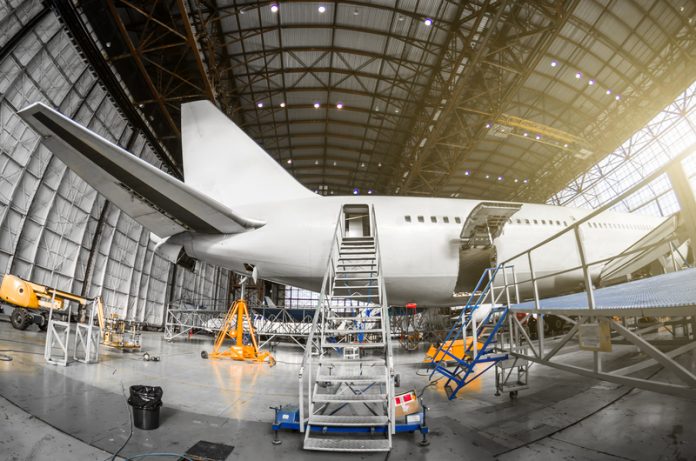Recently the UK government warned that the European Aviation Safety Agency may cease accepting UK aircraft engineering licenses after the official Brexit deadline. This could impact how employable UK engineering graduates are, as well as damage the economy
By 2020 there are predicted to be as many as seventy million people employed in aircraft engineering[i], a growing sector that utilises highly skilled workers from all over the world. However, a recent statement from the UK Government has thrown the sector into confusion, as they have advised that the EU may no longer accept CAA registered Part-66 licenses after the UK’s exit from the European Union. This means that recruiting British graduates holding CAA licenses may be less cost-effective than hiring licensed engineers from the EU, putting UK-based aviation professionals at a disadvantage in the jobs market.
Given the inherently international nature of the aviation sector, a profession which has expanded due to the strength of talent moving from place to place, many aviation experts are questioning the logic behind this new direction.
A spokesperson from VHR Technical Recruitment said: “This shift may mean that UK-trained engineers suffer unfairly due to bias in the recruitment stage of their careers. Beyond this, it’s vital that engineering firms have the very best talent at their disposal, no matter where they’re based.
“Now more than ever, a good recruitment company should have as many technical specialists as possible, to better understand the changing needs of engineering candidates, and the companies that are looking for them. A decline in productivity, quality, or safety due to this oversight would be unfortunate at best, and a disaster at worst. A fair compromise or agreement must be reached quickly, but until then working with a recruitment partner you can trust would be the best option.”
Previously, it has been stated that some ‘purely cosmetic’ changes[ii] may have to be made to existing licenses, with no real legislative change disrupting engineers’ lives. Without a compromise on Part-66 licenses, the aviation sector may need to implement a new system for graduates who studied before the referendum, or for UK graduates who simply want the option to work in EASA states. While London was previously one of the most attractive and best-connected hubs for the sector, the latest EASA development may clip the city’s wings.
For currently employed British engineers, the question remains whether employers will sponsor new EASA-approved licenses, or if existing licenses will still be viable in the competitive market. With uncertainty prevalent across industries more than two years after the vote to leave the EU, aerospace & aviation business leaders and candidates alike will have much to debate in the coming year.
References
[i] https://medium.com/@iiadelhicourses/the-demand-for-aircraft-maintenance-engineers-growing-higher-3d4a848b7a7d
[ii] https://www.flightglobal.com/news/articles/uk-pilot-licences-to-remain-valid-on-uk-aircraft-pos-451823/





![Europe’s housing crisis: A fundamental social right under pressure Run-down appartment building in southeast Europe set before a moody evening sky. High dynamic range photo. Please see my related collections... [url=search/lightbox/7431206][img]http://i161.photobucket.com/albums/t218/dave9296/Lightbox_Vetta.jpg[/img][/url]](https://www.openaccessgovernment.org/wp-content/uploads/2025/04/iStock-108309610-218x150.jpg)





